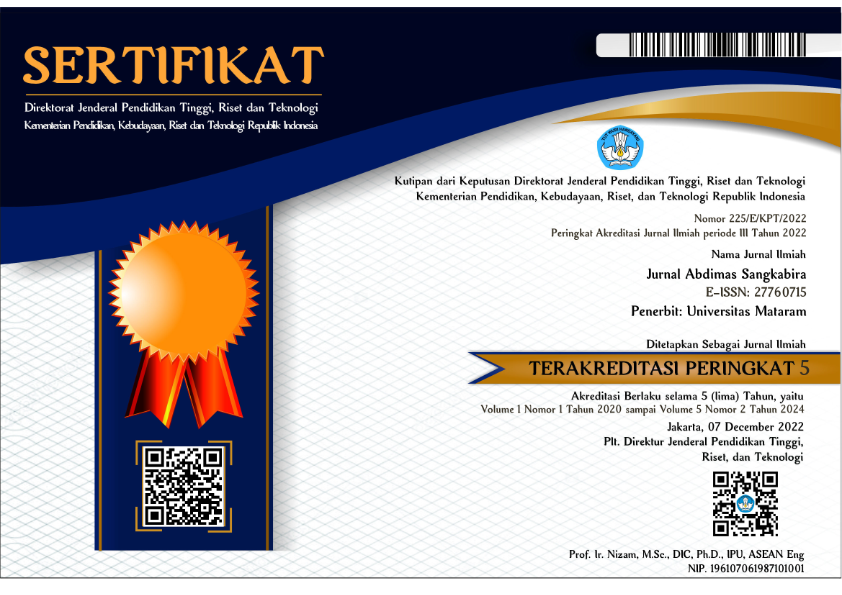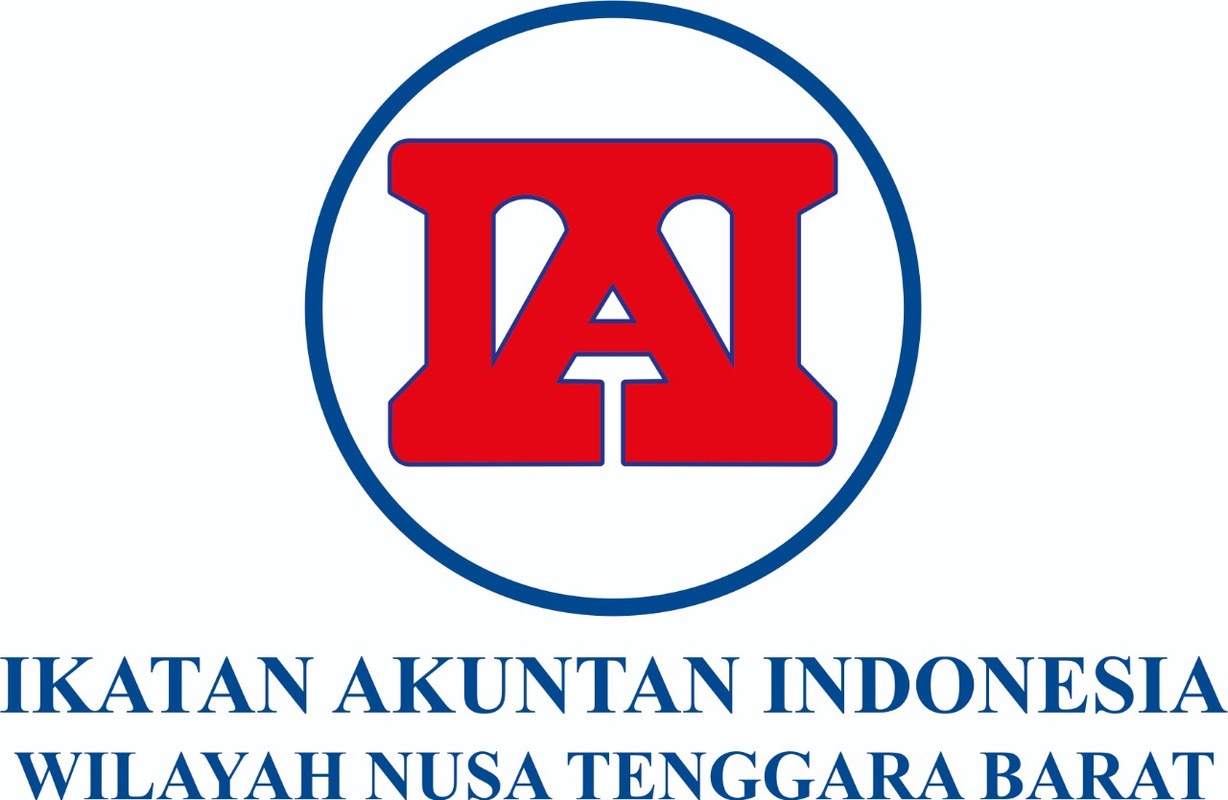OPTIMALISASI POTENSI PENDAPATAN MELALUI INOVASI SI-ERPIN (SISTEM INFORMASI ENTERPRISE RESOURCE PLANNING INNOVATION)
DOI:
https://doi.org/10.29303/abdimassangkabira.v5i1.1389Kata Kunci:
ERP, Scrum, E-Commerce, Fabric, MSMEAbstrak
PT Dunia Sandang Pratama is a fabric supplier company experiencing difficulties monitoring orders, ensuring timely deliveries, and producing accurate financial reports. These challenges have an adverse impact on customer satisfaction and operational efficiency. Because of the acute urgency of these issues, this community service project is designed to develop an integrated ERP system with e-commerce functionality to overcome the existing problems, increase efficiency, expand market reach and provide more accurate information to management. This community service is aligned with the United Nations Sustainable Development Goals (SDGs), particularly in fostering innovation and narrowing the digital divide. The service team, comprising four lecturers and five students, employed the Scrum methodology, which is flexible and interactive, to observe, analyse and design the system in collaboration with the partner, PT Dunia Sandang Pratama. The project's initial phase has been completed, including developing e-commerce features and sales modules. The preliminary results indicate an increase in efficiency concerning order management and reporting. Implementing the ERP system has enhanced data accuracy, operational efficiency, and employee competence. From a quantitative perspective, order processing time has been reduced, the incidence of data errors has decreased, and company revenue has increased. From a qualitative standpoint, employee competence in ERP usage has also improved, positively impacting decision-making. In conclusion, the project has successfully supported the company's decision-making processes.
Referensi
Alienta, A., Lim, C. J., Elita, Juviani, E., Juliawati, & Suhardjo, I. (2023). Implementasi Sistem Enterprise Resource Planning Berbasis SAP Pada PT XYZ. SEIKO : Journal of Management & Business, 6(1), 104 - 120.
Catalya, P., & Hadiprajitno, P. B. (2014). Analisis Dampak Implementasi Sistem Enterprise. DIPONEGORO JOURNAL OF ACCOUNTING, 3(4), 31-45.
Fahmi, H., & Abtokhi, A. (2021). Pendekatan Metode Scrum dalam Pengembangan Sistem Pengarsipan Penelitian, Pengabdian, dan Publikasi. LibTech: Library and Information Science Journal, 2(2), 1-9.
Hadji, S., Taufik, M., & Mulyono, S. (2019). Implementasi Metode Scrum Pada Pengembangan Aplikasi Delivery Order Berbasis Website (Studi Kasus Pada Rumah Makan Lombok Idjo Semarang). Prosiding KONFERENSI ILMIAH MAHASISWA UNISSULA (KIMU) 2, 32-43.
Kumar, K., & Hillegersberg, J. (2000). ERP: Experiences and Evolution. Communication of the ACM, 43(4), 22-26.
Partogi, J. (2015). Manajemen Modern dengan SCRUM - Sebuah Petualangan Baru di Abad 21 Menjadi Manajer Software Development Modern. Yogyakarta: ANDI.
Unduhan
Diterbitkan
Cara Mengutip
Terbitan
Bagian
Lisensi
Hak Cipta (c) 2024 Jurnal Abdimas Sangkabira

Artikel ini berlisensiCreative Commons Attribution-NonCommercial-ShareAlike 4.0 International License.
Penulis yang naskahnya diterbitkan menyetujui ketentuan sebagai berikut:
- Hak publikasi atas semua materi naskah jurnal yang diterbitkan/dipublikasikan dalam situs Jurnal Aplikasi Akuntansi ini dipegang oleh dewan redaksi dengan sepengetahuan penulis (hak moral tetap milik penulis naskah).
- Ketentuan legal formal untuk akses artikel digital jurnal elektronik ini tunduk pada ketentuan lisensi Creative Commons Attribution-ShareAlike (CC BY-SA), yang berarti Jurnal Aplikasi Akuntansi berhak menyimpan, mengalih media/format-kan, mengelola dalam bentuk pangkalan data (database), merawat, dan mempublikasikan artikel tanpa meminta izin dari Penulis selama tetap mencantumkan nama Penulis sebagai pemilik Hak Cipta.
- Naskah yang diterbitkan/dipublikasikan secara cetak dan elektronik bersifat open access untuk tujuan pendidikan, penelitian, dan perpustakaan. Selain tujuan tersebut, dewan redaksi tidak bertanggung jawab atas pelanggaran terhadap hukum hak cipta.











